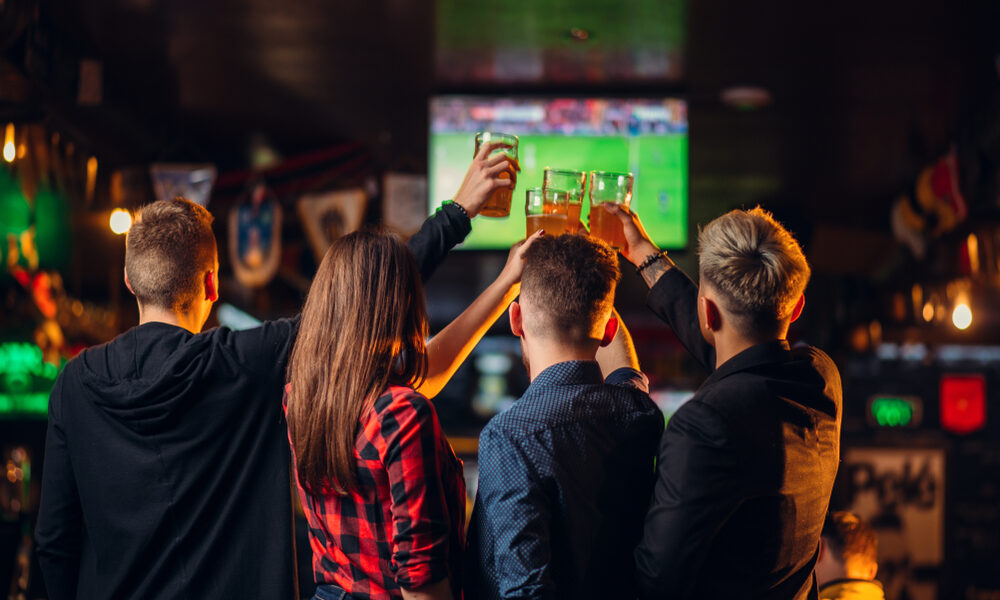A new longitudinal study recently published in JAMA Psychiatry finds that sports gambling frequency and alcohol-related problems are strongly associated, reinforcing concerns about potential health risks of concurrent gambling and drinking behaviors.
The study, funded by the International Center for Responsible Gaming, analyzed data from more than 4,300 U.S. adults over two years. Researchers found that while alcohol-related problems slightly decreased over time, fluctuations in sports gambling frequency were closely tied to changes in alcohol-related harms. The findings suggest that people who engage in both activities may be at heightened risk of developing problematic drinking behaviors.
“These results emphasize the need for screening and intervention strategies targeting sports gamblers who also drink,” Dr. Joshua B. Grubbs, the lead author of the study from the University of New Mexico, said in a statement. “It is quite likely that these behaviors are interacting in such a way that may increase the risks associated with both. Given the increasing accessibility of sports gambling in the U.S., understanding the health implications of these behaviors is critical.”
The ICRG in a release stated that it has supported multiple studies aimed at understanding the risks associated with sports wagering. Dr. Grubbs’ latest research builds on his body of work, which has resulted in 12 peer-reviewed publications examining gambling behaviors, addiction risks and responsible gambling strategies. Supported by ICRG funding, his studies have significantly contributed to the understanding of these critical issues.
Among prior ICRG-supported findings:
* Sports bettors are at a higher risk for addiction than other gambling groups, with a strong connection to binge drinking.
* Impulsivity is a key predictor of high-risk gambling behaviors, underscoring the need for targeted intervention strategies.
* Responsible gambling strategies must be tailored to different types of sports betting, as not all forms carry the same level of risk.
* Marginalized communities face unique gambling challenges, requiring culturally sensitive harm-reduction strategies.
“As sports gambling continues to expand, research like this is essential for understanding the broader public health implications,” said ICRG President Art Paikowsky. “ICRG remains committed to funding rigorous, independent studies that contribute to evidence-based solutions for responsible gambling.”
The study is part of an ongoing effort to assess gambling behaviors over time. Additional papers from this dataset are under peer review.

